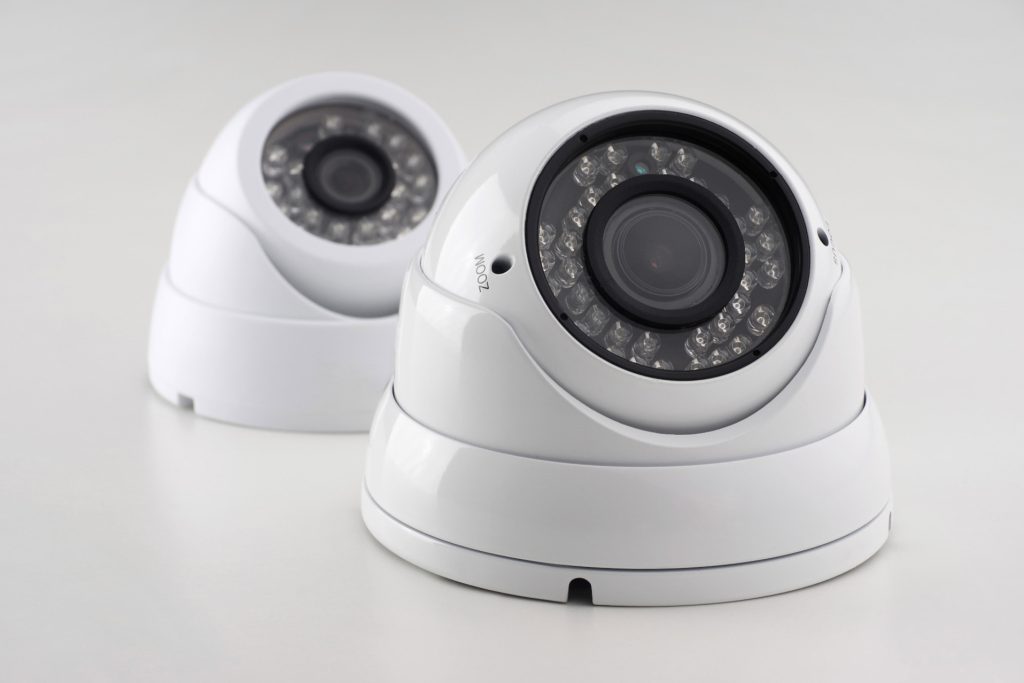IP cameras, shorthand for “Internet Protocol” cameras, are a specific kind of network-capable digital surveillance camera. ip cctv singapore is widely used in the field of security. In contrast to traditional CCTV cameras, IP cameras need
IP cameras, shorthand for “Internet Protocol” cameras, are a specific kind of network-capable digital surveillance camera. ip cctv singapore is widely used in the field of security. In contrast to traditional CCTV cameras, IP cameras need merely be connected to a network to capture video. IP cameras join a Wifi connection in the same manner that other devices like phones and laptops do.
What are the functions of Internet Protocol (IP) Cameras on a network

The coaxial video connection is needed to transmit video from an analog or analog-over-digital surveillance camera to a digital video recorder (DVR).
The video from an IP surveillance camera, in contrast, side, may be sent across a network without any cables being run. IP cameras, in particular, may be linked to an NVR using wireless means, wired connections, or even a USB drive.
With the built-in speaker and microphone, the camera’s owner may interact with the subject. A few video doorbells have this feature built-in.
In-depth analysis from afar: Live video feeds are available for authorized individuals to access on any device (smartphone, iPad, or computer).
Higher quality: The resolution of IP cameras may be up to four times that of the camera system.
Simplified wiring: Energy over Ethernet allows the camera to function without an external power source by delivering power via the Ethernet wire.
There are several advantages to using IP CCTV camera systems.
- Availability and Remote Observation:
As much as you have internet service, you may safely access your gadgets’ records whenever you want, thanks to IP CCTV cams’ network connectivity.
- Notifications and Beacons:
IP CCTV’s ability to send instant alerts when suspicious activity is identified is undeniably a significant perk.
- High-Quality Compression:
IP cameras provide data that can be compressed, saved, and analyzed with little degradation in quality.
- Flexibility:
The lenses are a flexible option since they may be placed anywhere on the premises and relocated freely, thanks to their dependence on a Wi-Fi connection rather than cables, a central processing unit (CPU), or connected energy (if battery-powered).
- Analytics and Intellectual ability:
Using cutting-edge innovation, IP cameras may be configured to provide a wide variety of data and analysis. The sensors sense movement, count individuals, identify if something vanishes, and draw a trip line.
Summary:
High-definition video is recorded by an IP camera, with resolutions reaching up to 16 megapixels based on the model. Video captured by an IP camera is compressed in real-time by a dedicated processing chipset.
What does it entail, exactly? The recorded video will include much more information if the camera’s quality is good enough. It takes more room to store and more bandwidth to transmit high-resolution photographs than low-resolution ones. IP cameras reduce the file size via compression to prevent using extensive network bandwidth while transmitting high-definition video.
